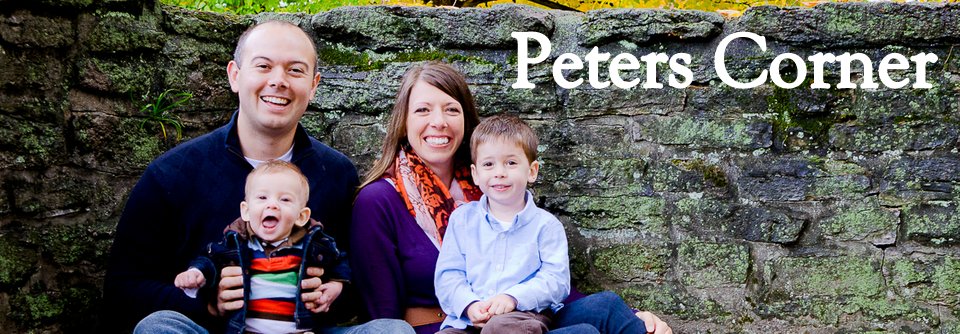Using Empathy With Your Children
Empathy has changed my life. I first became aware of the concept when I was in graduate school studying counseling. My supervisor taught me the art of using empathy. There are several things people often get hung up on when they are "listening" to others. Problem solving is often a way that people respond to others when "listening". Oftentimes, problem solvers come across as pushing their own agenda. It can also feel more stressful when you are just trying to share something with someone and they suggest solutions that you don't need or have no interest in. Another hang up is that some people think if they respond to what the speaker is saying with empathy it feels like they are agreeing with the person. That's not necessarily true. You can be empathic and not agree with someone.
While I can't teach a whole seminar worth of information on empathy in a brief blog post, I would like to offer up some food for thought when it comes to using empathy with our children.
Empathy works wonders with children. It doesn't matter if your child or teenager is being completely irrational and overly emotional. Tapping into the emotion they are expressing is a great way to love our kids. Let me give you some examples.
To the two year old who is having trouble sharing his toys: "It's hard to share your toys."He responds, in dramatic tears, "Yeah". You give each other a hug and stick with the plan of making him share but you've acknowledged that it's frustrating and difficult to share. He feels understood by you.
To the five year old girl who is crying because she wants to wear a certain skirt to church that you have decided is not an option: "Honey, you are disappointed that you can't wear the skirt that you had in mind to church today."She responds, "Yes, I WANT to wear THAT one (whiney voice)" . Mom responds, "I know you love that skirt but today it's not an option. " She still doesn't like the response but she at least heard you acknowledge her disappointment. She feels acknowledged, especially considering your response could have just been "No, because I said so!".
To the 8 year old boy who is not ready to come in from playing outside at bedtime: "I know you're annoyed that you have to come in before all the other boys and it doesn't seem fair". He responds: "It isn't fair Mom." Mom responds, "I understand it feels unfair but 8:00 p.m. is the rule at our house."Of course, he still believes it's unfair but at least he knows he was heard.
To the 13 year old girl who got dumped by her "boyfriend" for her best friend: "Honey, you feel crushed that he chose her over you." This urges her to continue to share..."It feels awful Mom. It's embarrassing!" Then you can take the opportunity to build into your daughter and tell her why you think she is special. She feels like her world is shattered. You know it will pass but instead of dismissing her feelings by saying something like "Boys are silly...I told you not to get wrapped up in them," you show her that you acknowledge that she is hurting. She feels important to you.
To the 17 year old boy who is not going to make a college football team: "You have worked so hard Son and you feel so defeated right now." He responds saying, "I do feel defeated Mom. It feels like everything I've worked for in football for the past 10 years is a waste." Now, you have a chance to offer him some encouragement which will especially be received because his feelings have been validated!
I know, I know, you probably think I'm nuts but I encourage you just to try practicing some empathy with your kids. I am 100% confident it will make an impression on them. An impression that will be lasting. They will feel heard, understood, validated and important.
